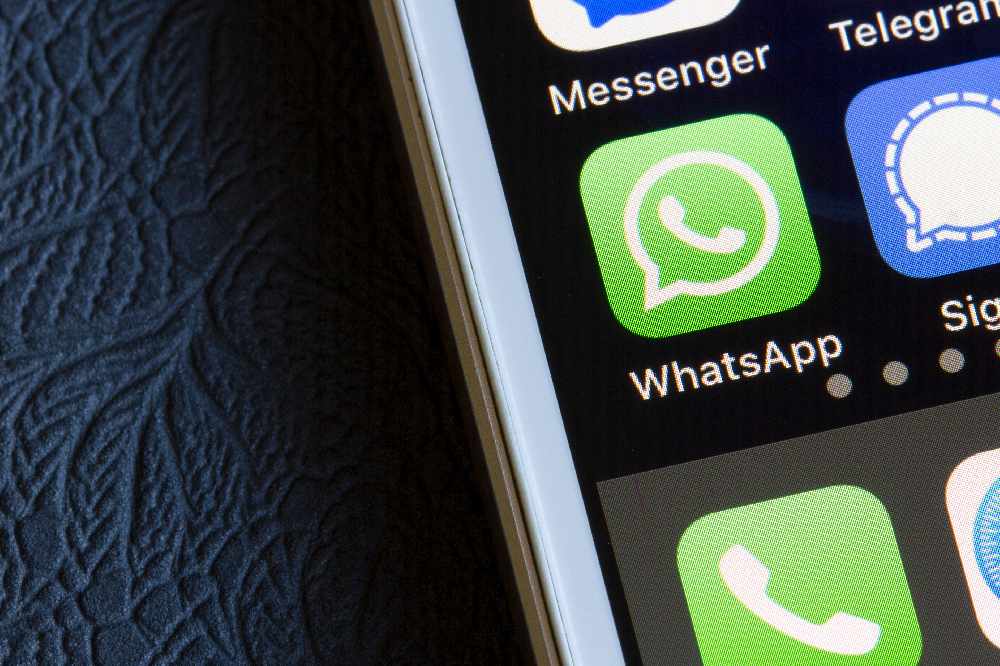
Sussex Police have begun holding Restorative Justice (RJ) community resolutions via WhatsApp video to tackle hate crime in ‘lockdown’.
The scheme is called ‘Restore DiverCity’ and is a restorative approach to repairing the harm caused by hate crime when the victim does not want to press charges or pursue a criminal justice approach.
It involves taking into account the needs and wishes of the victim and gives the perpetrator an opportunity to repair the harm caused by their wrongful actions.
The victim can either video chat with their perpetrators and a facilitator or they can write a statement that a facilitator will readout on their behalf.
In two weeks they have heard five sessions of cases ranging from homophobic attacks to racially aggravated incidents.
Sussex Police says it will always first want to prosecute all hate crime offences but have found that some victims are opposed to pursuing a criminal charge against their perpetrator in these cases, instead wishing to educate them on the harm caused by their discriminatory actions.
Nationally, there has been an increase in hate crime during ‘lockdown’ and senior officers do not want to see the same trend emerging locally.
Restorative Justice & Community Resolution Co-ordinator, Kate Belbin said;
“Often we hear ‘I want something done, I don’t want to go to court but I don’t want it to happen to someone else’. It is so important for us to hear the needs of our communities and to take positive action in tackling crime motivated by hate, sending a clear message it will not be tolerated. Hate can be motivated by ignorance or learned behaviour and the scheme seeks to address this while hearing the deeper harm caused by targeting someone for their identity. We have adapted the way we deliver the scheme during this time of lockdown to ensure victims’ voices continue to be heard.”
The first case to be heard via WhatsApp video call was that of a teenage boy in Brighton who was physically attacked by five other youths in a local park and had homophobic language used against him.
Taken from the young boy’s victim statement he describes the attack against him; “They started calling me homophobic names to which I responded, ‘you can’t call me that’. I was angry, then I took off my coat as I sensed I was going to be attacked. A crowd had formed around me. At that point all of a sudden they attacked me and pulled me to the ground.”
He chose to write a victim statement to be read aloud by Kate in a community resolution with his attackers and their parents, saying; “I was confused about why I was being targeted in a hateful way, but I want to forgive them. I’ve received abuse like this at school before and really don’t want it to happen to anyone else.”
During the community resolution sessions for this case, which took place in the presence and with the involvement of a parent, the facilitators drew upon the harm caused to the victim and their family. The second part of the session was an input about hate crime and the law and possible implications of a criminal record on future employment, volunteering and travel.
The perpetrators in this case and their families all felt an incredible amount of remorse following the eye-opening proceedings, with one of the young men stating; “I want to say sorry, I feel stupid and terrible. My mum was heartbroken when she learned what had happened and what happened was beyond wrong and I don’t want anyone to feel scared. I know now that it was an attack on his identity. It was useful to hear the victim’s point of view and about his thoughts and feelings. I regret everything.”
The victim was keen to hear the feedback from the sessions with apologies received from the perpetrators and was thankful that the matter had been dealt with in this way. The victim’s father said; “it has made a genuine difference to my son in the way the Police have dealt with this.”
Police & Crime Commissioner Katy Bourne has always been an avid supporter of RJ processes. Having helped to establish the Sussex Restorative Justice Partnership, she awarded them £246,000 last year to continue their valuable work. From this, there were 425 successful RJ outcomes achieved, including verbal and written community resolutions.
The wider partnership supported delivery of just over 400 youth RJ outcomes and continues to support restorative practices across health, local authority and education settings across the county.
Mrs Bourne comments:
“Not every victim of crime wants a criminal justice outcome. Many just want the offender to understand how wrong their behaviour is.
“Restorative Justice is a powerful and effective process which gives the victim a unique chance to explain to the offender the impact that their crime has had upon them, their family and friends.
“As PCC, I remain fully committed to giving all victims the right to access restorative justice if they want it.
“I'm immensely proud of the work of our award-winning RJ partnership which has helped hundreds of victims in Sussex to restore their faith, not just in the justice system, but in other people as well.
“The way they have adapted digitally to this crisis is commendable.”
Alex Hyatt, RJ delivery officer, a post funded by the PCC said;
“RJ for hate crime can be extremely empowering for victims and gives the offender the opportunity to learn from their mistakes. Using video conferencing didn’t take away the message and states hate crime will not be tolerated regardless of the situation.”
If you have been a victim of crime and want to learn more about the RJ services available in Sussex go here.

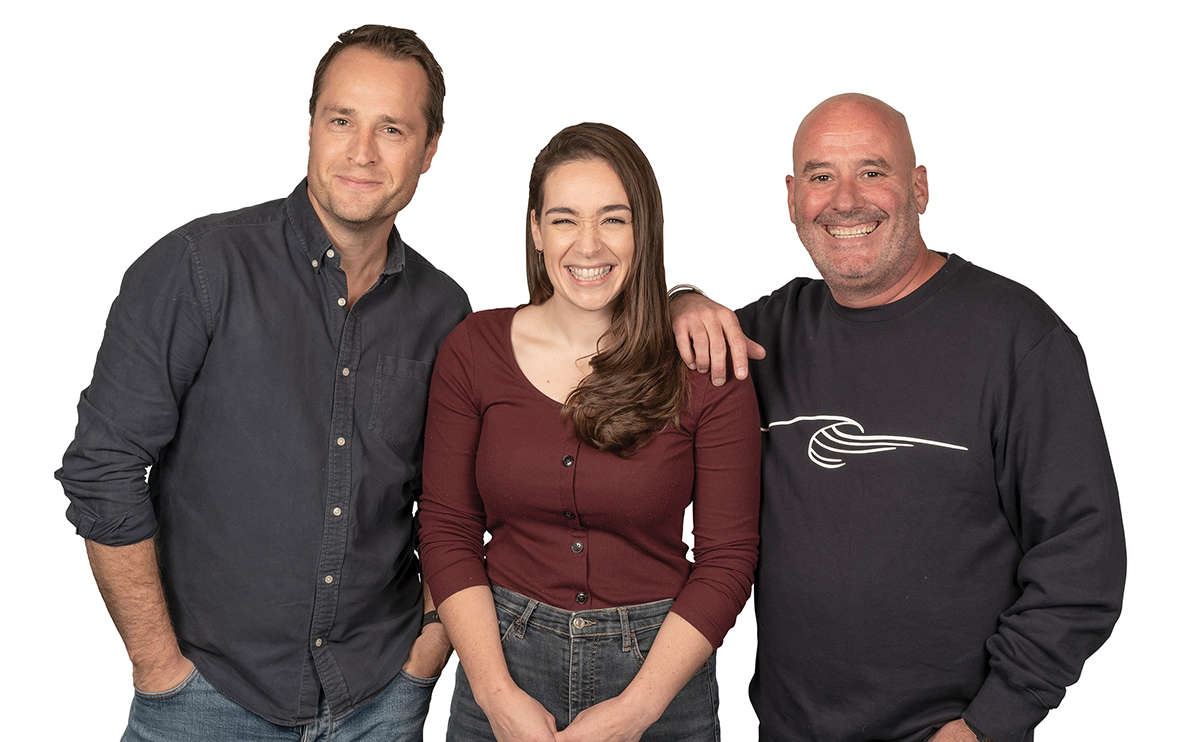
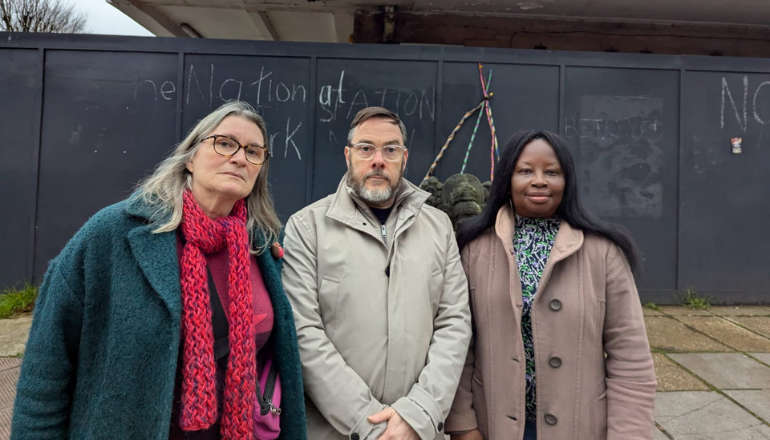 ‘A Kick In The Teeth For Lewes’: Lib Dem MP Expresses Disappointment Over Bus Station Loss
‘A Kick In The Teeth For Lewes’: Lib Dem MP Expresses Disappointment Over Bus Station Loss
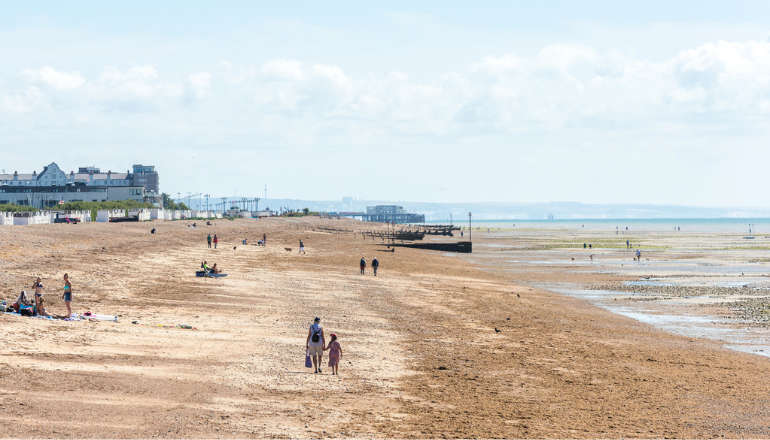 Results For Worthing’s Bathing Water Sites Revealed
Results For Worthing’s Bathing Water Sites Revealed
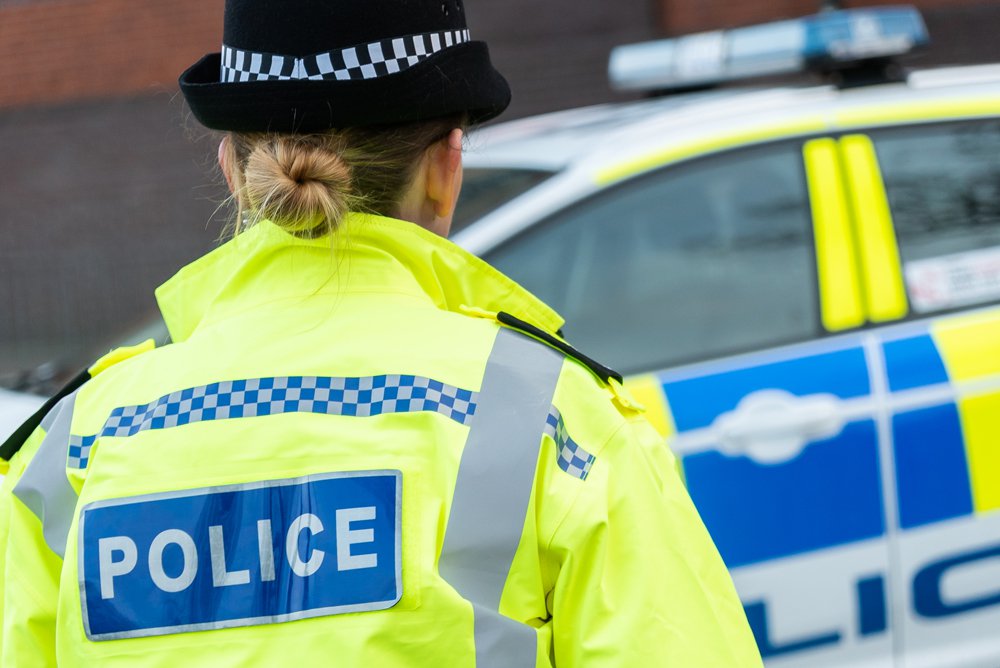 £100,000 Robbery Of Bexhill Mobile Phone Store
£100,000 Robbery Of Bexhill Mobile Phone Store
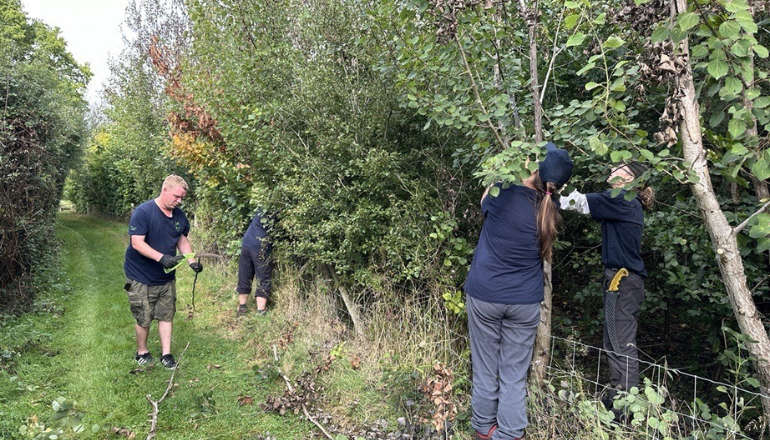 Organisations In Wealden Receive Funding To Help Tackle Inequalities In Physical Activity
Organisations In Wealden Receive Funding To Help Tackle Inequalities In Physical Activity
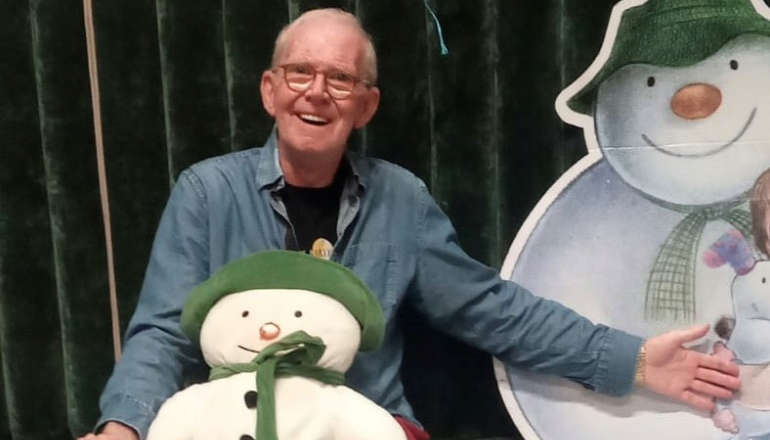 Festive Children’s Stories Brought To Life With Interactive Story Session
Festive Children’s Stories Brought To Life With Interactive Story Session
 Jail Time For Shop Owner Who Sold Illegal Tobacco
Jail Time For Shop Owner Who Sold Illegal Tobacco
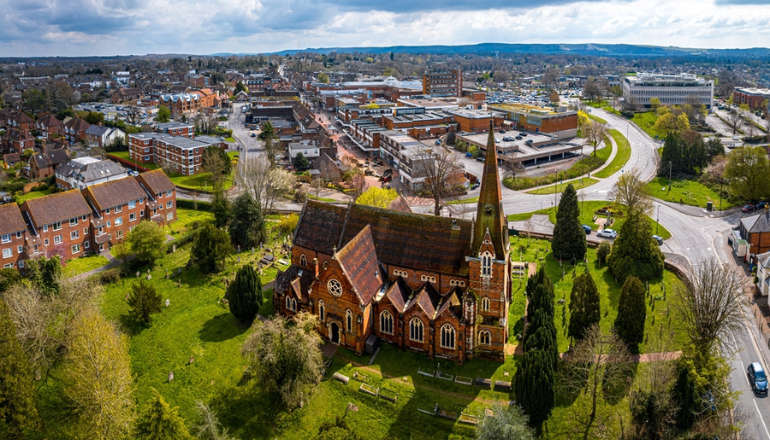 Funding Boost For Community-Led Waste Prevention Projects In West Sussex
Funding Boost For Community-Led Waste Prevention Projects In West Sussex
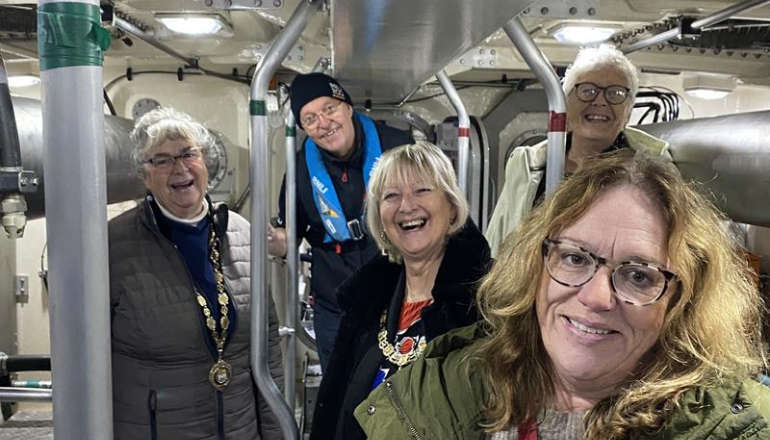 Newhaven RNLI Welcomes Quartet Of Mayors To Share Gratitude
Newhaven RNLI Welcomes Quartet Of Mayors To Share Gratitude
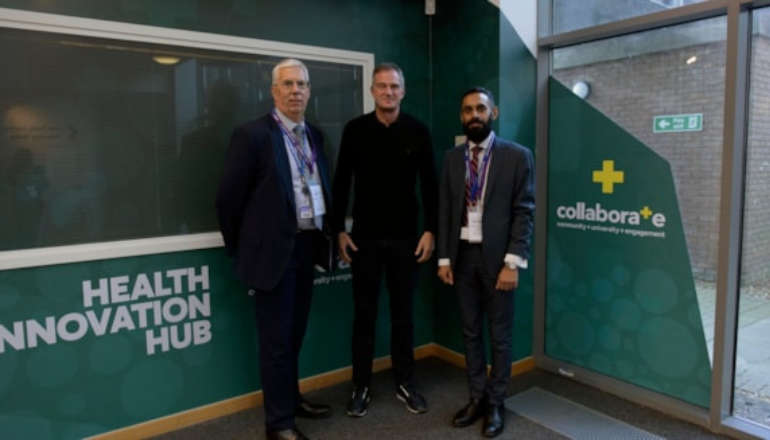 University Of Brighton Launches Health Innovation Hub To Tackle Health Challenges
University Of Brighton Launches Health Innovation Hub To Tackle Health Challenges
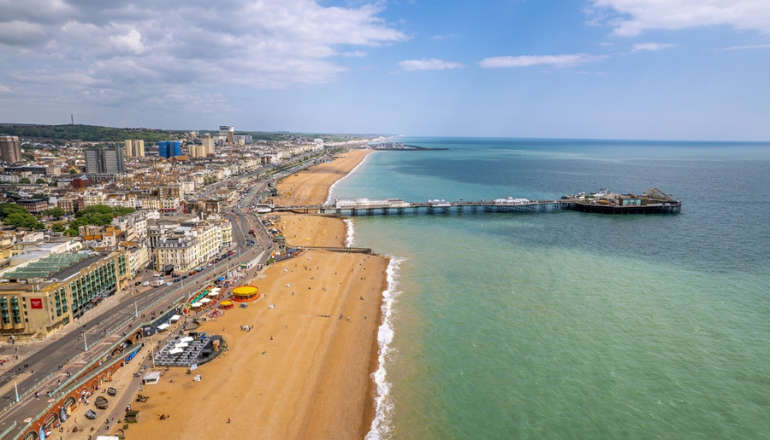 New Residential Care Home For Disabled Children In Brighton
New Residential Care Home For Disabled Children In Brighton